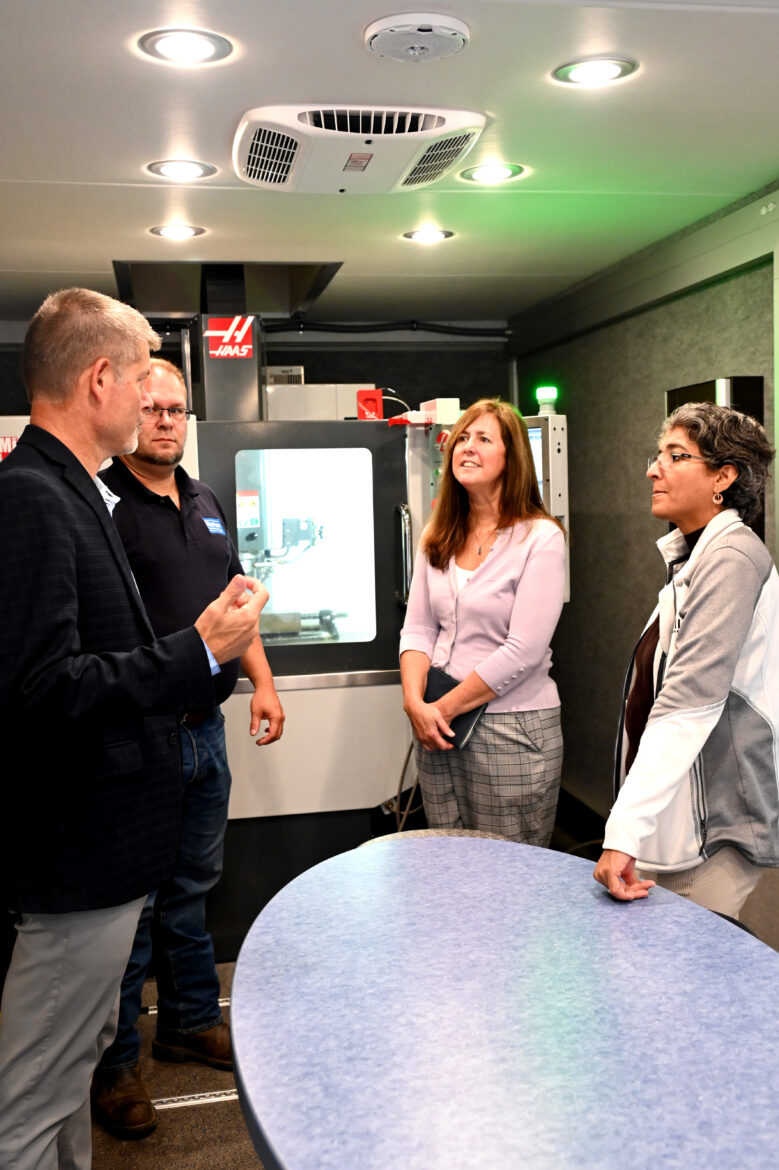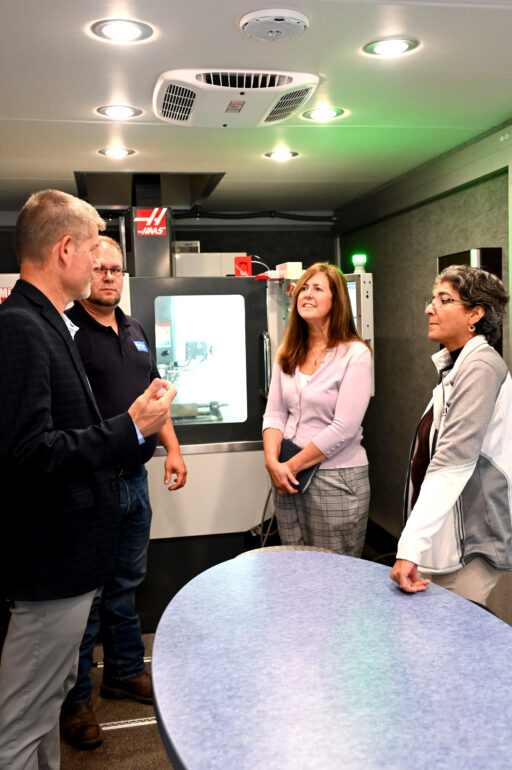

Marion Institute of Technology


Marion Institute of Technology
(Marion, Ohio) – Marion Technical College is proud to announce an ambitious initiative to expand cybersecurity education and develop more talent in this high-demand field. In response to the urgent need for cybersecurity expertise in today's digital environment, this new grant from the National Science Foundation will help close the skills gap and establish a skilled cybersecurity workforce to meet local, regional and national demand.
Marion Tech was awarded the $533,404 to better align its curriculum with the NSA Cybersecurity Center of Excellence. In addition to upgrading the hardware, Marion Tech will host a cybersecurity camp beginning in the summer of 2025 to provide free training to teachers, government officials, utility workers and students.
“The National Science Foundation grant is a game changer for our cybersecurity program. We will provide students, community and local government agencies with training on cutting-edge technology. Cybersecurity is a constant arms race between the bad guys and the good guys, and keeping our local agencies, teachers and communities up to date on the latest developments is essential to everyone's safety,” said Mike White, associate dean for technology programs at Marion Tech.
Equipped with the new equipment, the Marion Tech Mobile Lab will host cybersecurity awareness and training events throughout the region. Additionally, Marion Tech will develop three new cybersecurity courses and certifications that will include stackable certification options, allowing students to tailor their learning to their career goals and immediately apply what they learn to their careers.
“In an era when cyber threats are becoming increasingly sophisticated and pervasive, 'leveling up' cybersecurity education can help prevent cyberattacks before they happen and save time and money spent remediating afterward,” said Professor Christy Culver, assistant program administrator for business and information technology at Marion Technical College.
Upcoming professional development bootcamps will see high school instructors, local government officials and utility workers learn and implement cybersecurity protocols and best practices in their fields.
“The planned professional development opportunities for high school teachers, local government and public service employees will raise the overall standard of cybersecurity education in the region and create a ripple effect of improved cybersecurity practice,” said Professor Culver, one of the grant authors.
Additionally, Marion Tech will be reaching out to students who are underrepresented in the cybersecurity field, including rural students, economically disadvantaged individuals and women. The initiative aims to increase program enrollment among these groups by 25%.
According to the U.S. Bureau of Labor Statistics, cybersecurity jobs are expected to grow 32% over the next decade.
Marion Technical College President Dr. Ryan McCall expressed enthusiasm about the potential impact of the project.
“Cyberattacks threaten all of us – healthcare, schools, utilities, financial institutions and businesses. This effort is a major step toward addressing the critical need for cybersecurity expertise in our community and beyond. By expanding educational offerings and reaching underrepresented groups, we aim to develop a diverse, skilled cybersecurity workforce capable of meeting these challenges.”
This project will be rigorously evaluated to assess its effectiveness in developing competent cybersecurity professionals into the workforce. Findings and insights from the evaluation will be disseminated broadly, contributing to the body of knowledge on cybersecurity education and workforce development.
For more information, visit www.mtc.edu or email enroll@mtc.edu.


